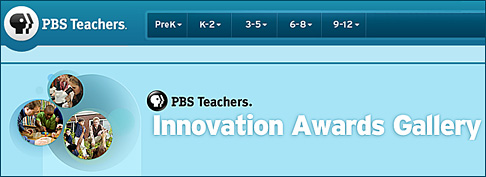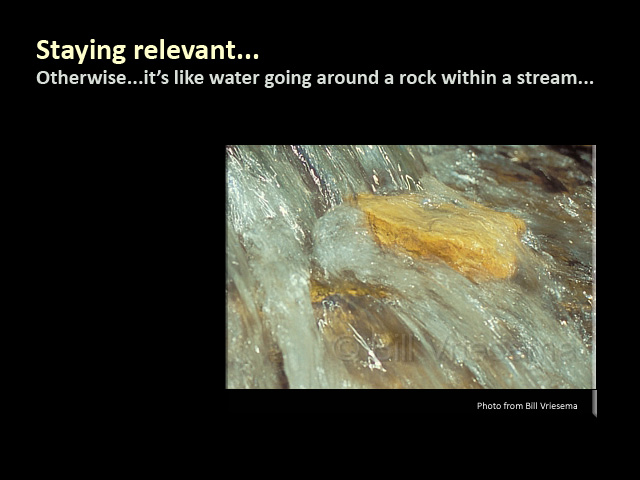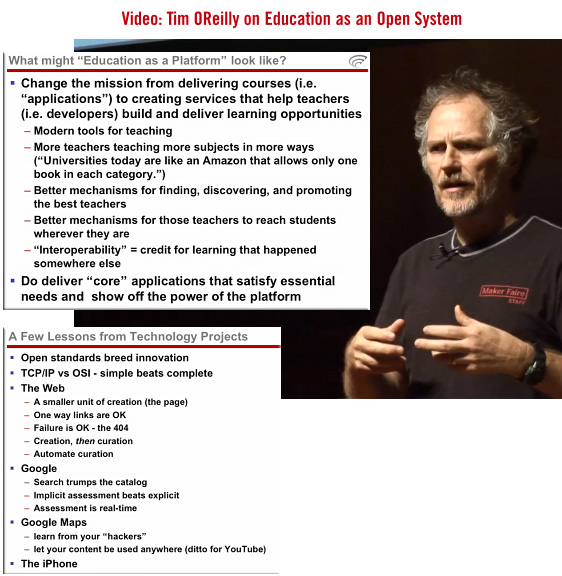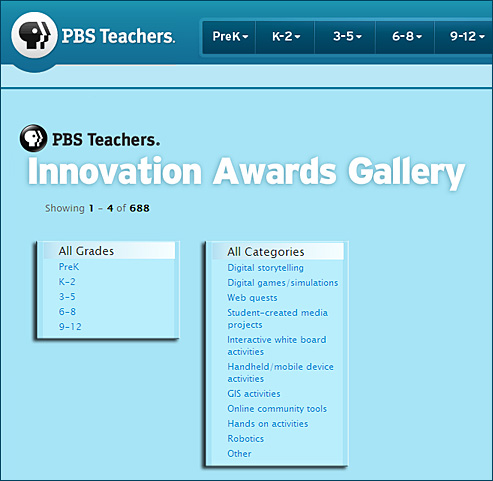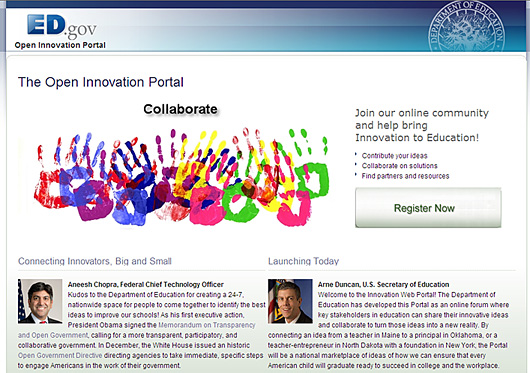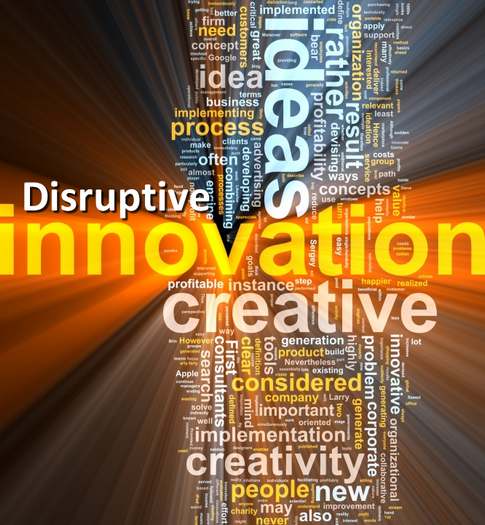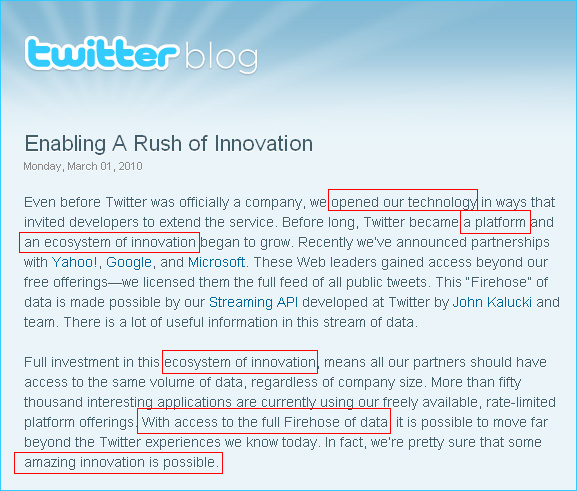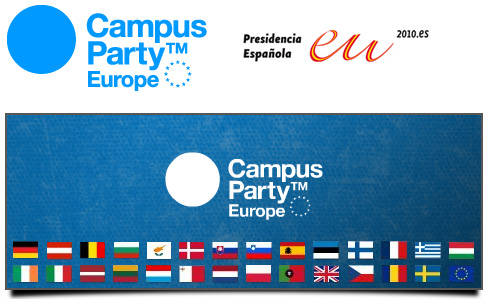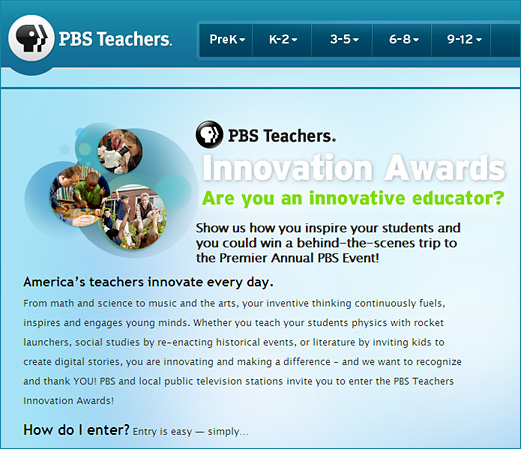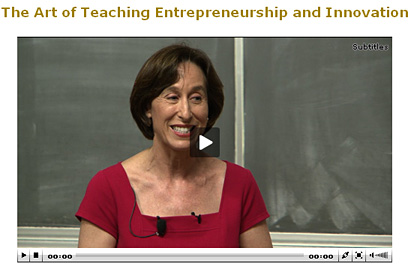Top ten electronic education trends for the 21st Century — from BigGyan’s blog
Don’t miss this interesting list of the top ten Electronic Education Trends for the 21st Century from James Canton.
Posted on – April 11, 2010
Dr. James Canton is a renowned global futurist, social scientist, keynote presenter, author, and visionary business advisor. For over 30 years, he has been insightfully predicting the key trends that have shaped our world. He is a leading authority on future trends in innovation and The Economist recognizes him as one of the leading futurists, worldwide. He is the author of The Extreme Future: The Top Trends That Will Reshape the World in the 21st Century, Dutton 2006, and Technofutures: How Leading-Edge Innovations Will Transform Business in the 21st Century, Next Millennium Press, 2004.
The Top Ten Electronic Education Trends for the 21st Century
1. Electronic education via the Net will enable interconnected learning experiences, choices, and opportunities for billions worldwide.
2. Educational content will be delivered by new computer, interactive TV, satellite, and Internet technologies in the new millennium.
3. Interactive online multimedia and multidimensional content will revolutionize learning.
4. Self-paced, self-directed individualized virtual learning will dominate business training.
5. Students and teachers will prefer on-demand virtual learning to traditional school programs
6. Corporations will prefer Net-based training where workers can learn at their own pace.
7. Virtual Reality scenarios that depict real-world and fantasy experiences will increase the learning impact for all types of education.
8. Real-time Net chats with other global learners will make virtual education a satisfying social experience beyond the limits of time and distance.
9. Teachbots-smart agents-will transform education, providing personalized guidance when and where people need it.
10. People will learn to design their own electronic learning programs, which will increase their understanding, skills, creativity, and career choices.









